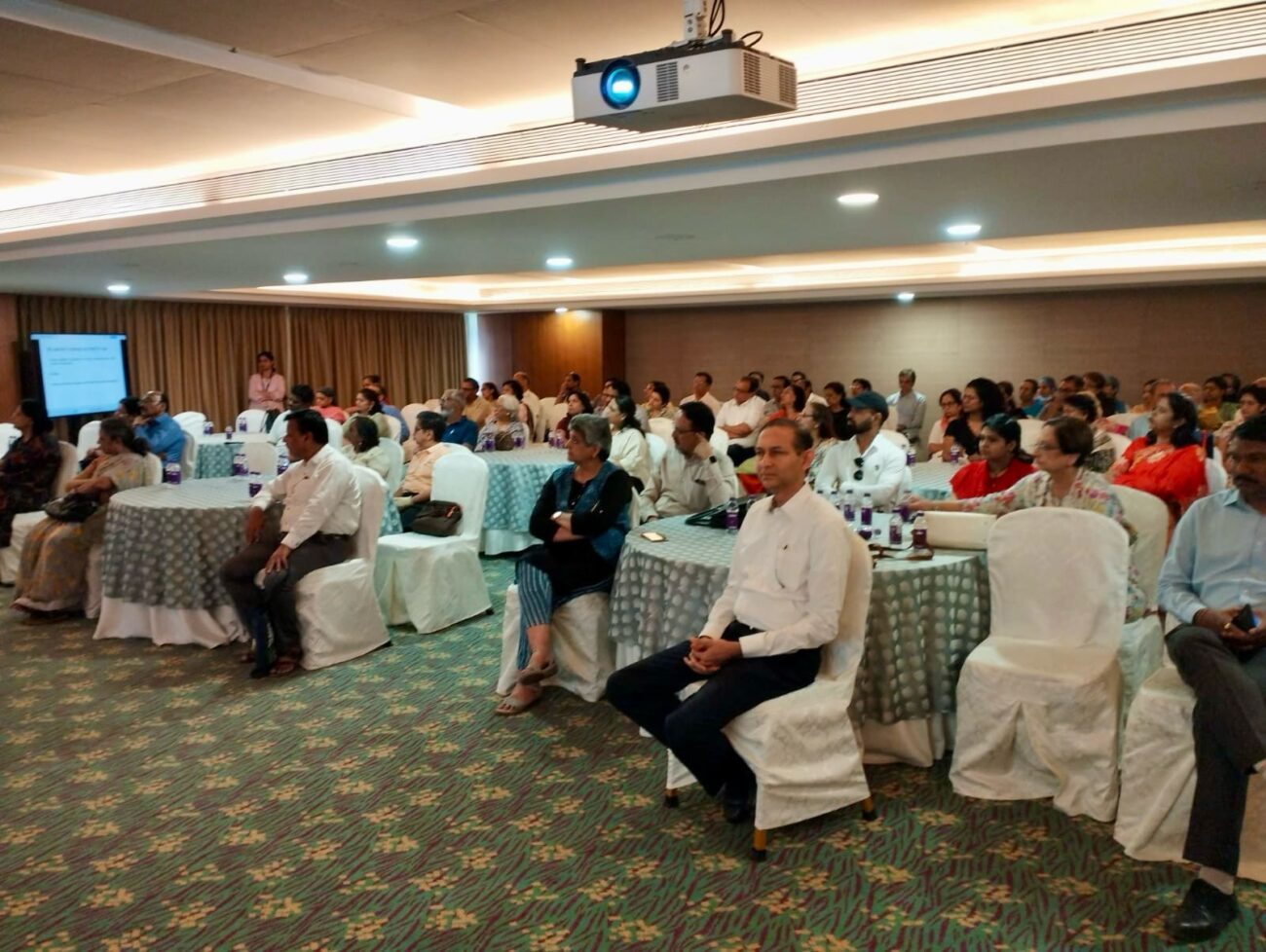New Industry Watchdog Analysis Shows Philip Morris International Addicting a New Generation
Despite Its “Unsmoke” Rhetoric, PMI Continues to Invest in Its Deadly Cigarette Business STOP (Stopping Tobacco Organizations and Products) published new analyses today that show Philip Morris International is addicting new users to its IQOS product
Despite Its “Unsmoke” Rhetoric, PMI Continues to Invest in Its Deadly Cigarette Business
STOP (Stopping Tobacco Organizations and Products) published new analyses today that show Philip Morris International is addicting new users to its IQOS product because its cigarette business is under threat, not because it solely wants smokers to quit. According to “Addiction at Any Cost: Philip Morris International Uncovered,” PMI also continues marketing its cigarettes to young people and undermining global progress to reduce smoking.
STOP examined publicly available information, market research data and company documentation to develop the most recent comprehensive analysis of what the company says versus its behavior.
A Business Under Threat Creates a New Epidemic for Profit
PMI promotes the idea that IQOS is an alternative product just for smokers, but the analyses of company and market data show that IQOS products offer a profitable way for the company to offset declines in the deadly cigarette business:
- PMI launched its IQOS product during a period (2008-2018) when global sales of cigarettes declined by 20%.
- In the same period, total retail value in the most profitable cigarette markets (Western Europe and North America) declined from 56% to 51%.
- An analysis of PMI’s market entry strategy showed that it targeted IQOS at countries with stronger regulations, where cigarette sales were already declining, including Australia, Brazil, Canada and the United Kingdom.
“PMI wants to create a new epidemic of IQOS users while simultaneously selling as many cigarettes as possible. Despite what the company says, IQOS is not just for existing smokers; the way in which the product is marketed appeals more widely,” said the report’s lead author, Dr. Karen Evans-Reeves from the Tobacco Control Research Group at the University of Bath, a partner in STOP. “IQOS is not about helping people quit smoking. In fact, PMI admits IQOS is not a cessation product. When you look at the data, it’s plain to see that IQOS is a cynical ploy by PMI to addict a new generation, irrespective of the harm they may cause. Profit is the true objective.”
PMI Perpetuates the Current Tobacco Epidemic
PMI’s global “Unsmoke” marketing campaign, which launched in 2019, suggests the company wants smokers to quit or, if they cannot, to switch to alternative addictive products. STOP researchers cite abundant evidence that PMI continues to invest in cigarettes, a deadly business that kills 8 million people every year:
- PMI made more than 700 billion cigarettes in 2019.
- In March and April 2019, as the “Unsmoke” campaign was being launched, PMI marketed its Mega Blast Capsule brand at events for young people in Argentina and Costa Rica.
- In May 2019, PMI targeted young people again when it advertised its Marlboro cigarettes using music-themed advertisements and packaging in Israel.
- In March 2019, PMI launched a new brand of cigarettes in Indonesia.
- In December 2019, PMI announced a deal with a local company in Uzbekistan to start producing Marlboro cigarettes.
- PMI filed more than a dozen lawsuits challenging regulations like packaging restrictions, point-of-sale advertising bans and flavor bans, and smoke-free policies, which would reduce tobacco use. Challenges are pending in Brazil, Colombia, India and the Philippines.
PMI’s Failing Foundation
An analysis of PMI’s Foundation for a Smoke-Free World, which claims to be an independent scientific body, shows that despite almost $1 billion in pledged funding, the Foundation is failing:
- PMI remains its sole funder, despite the Foundation’s claims that it would seek additional funders.
- Credible researchers have rejected its grants and others have returned funds when alerted to the Foundation’s links to PMI.
- The International Journal of Environmental Research and Public Health cancelled a special issue proposed by the Foundation when the publisher realized the Foundation was funded by a tobacco company.
- At least eight senior executives have left in the last two years, including four board members, its chief operating officer and chief health, science and technology officers.
- Events to engage the public health community and government were cancelled in Turkey and Thailand due to low registration, government action and civil society protest.
- Hundreds of global health experts called for governments to reject collaboration with the Foundation.
“PMI’s future depends on showing its products are safe,” said Professor Anna Gilmore, Director of the Tobacco Control Research Group at the University of Bath and a partner in STOP. “Unfortunately, it has an appalling track record of setting up supposedly independent research organizations to fund favorable science. We must therefore remain highly skeptical of both PMI and its Foundation and any research they produce. Researchers are rightly rejecting its advances.”
Recommendations
In its report, STOP provides recommendations for how the global community can counter PMI’s efforts to create multiple epidemics of harm:
- Policymakers should exclude the tobacco industry and tobacco funded or linked research from policy discussions on tobacco control and alternative products.
- Advocates and the public health community can continue to hold the industry accountable.
- Consumers should not support a business that builds a portfolio of addictive, deadly products while fighting efforts to reduce smoking.
- Journalists should challenge the discrepancy between PMI’s claims and its actual behavior.





